Finding the right accountant for your small business is more than just a financial decision—it’s a partnership that can shape your business’s success. With so many accounting firms and independent accountants available, how do you choose the best fit for your needs? Here are seven essential questions to guide your decision-making process.
1. What Experience Do You Have with Businesses Like Mine?
Every business has unique needs based on its size, industry, and goals. An accountant experienced in your industry is better equipped to handle your specific challenges, whether it’s inventory management, payroll complexities, or compliance with industry-specific regulations.
Tip: Look for accountants who can share examples of how they’ve helped businesses similar to yours thrive.
2. Are You Familiar with My Business Structure?
Whether your business is an LLC, S-Corp, or partnership, your accountant should understand the tax implications and compliance requirements for your specific structure. The right accountant will help you optimize your tax position while ensuring you meet all legal obligations.
Ask specifically about their expertise with your entity type to confirm their familiarity.
3. How Do You Handle Communication and Reporting?
Open communication is essential for a productive relationship with your accountant. Ask how they’ll keep you informed about deadlines, financial insights, and tax updates. Will they provide monthly reports? Do they offer regular check-ins to discuss financial performance?
Pro Tip: Opt for someone who uses tools like dashboards or cloud accounting software to keep you up-to-date in real time.
4. What Services Are Included in Your Fees?
Accounting services can range from basic bookkeeping to strategic financial planning. Clarify what’s included in their fees:
- Will they prepare financial statements?
- Do they handle tax filing?
- Are consultations for strategic advice part of the package?
Understanding their pricing model helps you avoid unexpected costs later.
5. Can You Help Me with Tax Planning and Compliance?
Tax planning is a key component of financial health. The right accountant will proactively suggest strategies to reduce your tax liability and ensure compliance with local, state, and federal tax regulations.
Ensure they have up-to-date knowledge of tax laws and can help you take advantage of available credits and deductions.
6. Do You Offer Outsourced Accounting Services?
Many small businesses benefit from outsourcing their accounting needs rather than hiring in-house staff. Outsourcing provides access to a full team of financial professionals at a fraction of the cost of maintaining a department internally.
Ask if the accountant or firm can scale their services to grow with your business, including bookkeeping, payroll, and financial planning.
7. What Tools and Technology Do You Use?
Modern accounting is heavily reliant on technology. The best accountants use cloud-based tools that allow for seamless collaboration and up-to-date financial insights. Ask if they use software like QuickBooks, Xero, or other platforms, and confirm whether you’ll have access to your financial data anytime.
Bonus: Accountants who embrace technology often work more efficiently, saving you both time and money.
Final Thoughts
The right accountant will not only manage your books but also serve as a trusted advisor, helping you navigate complex financial decisions and grow your business. By asking these seven key questions, you can ensure you’re making a well-informed choice that aligns with your business needs.
If you’re looking for an outsourced accounting partner that specializes in supporting small businesses, consider ACGDEPT. Our team of experts is ready to guide you through every financial challenge, offering tailored services to help your business thrive.


